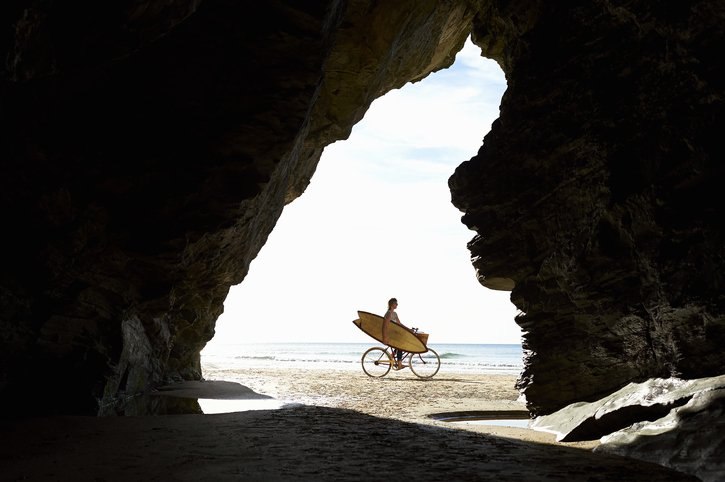
UK: People are still more comfortable travelling close to home
If one good thing has come from the upending of travel over the last year, it’s that people have rediscovered the UK’s coastal towns, countryside escapes and historic hotels.
This appreciation for the abundance of stunning landscapes in the UK drove domestic travel demand during the summer months and weekend getaways remain one of the biggest travel trends to emerge from the pandemic.
With nearly half (47%) of UK adults still worried about contracting Covid-19, people are still far more comfortable with the idea of travelling close to home (52%) versus overseas (30%).
The ability to work remotely has also afforded some the chance to be more flexible with their travel dates.
The latter has had a huge impact on domestic travel during the pandemic; people are seeing opportunities to escape their bedrooms, apartments and kitchen counters for a change in scenery even if it’s just for a short while.
It’s up to marketers and brands now to understand the nuances of this type of travel using insight into their background, behaviours and affinities.
Weekend travellers play an important role in the domestic travel boom
YouGov’s Global Travel Profiles reveals that 65% of those identifying themselves as Weekend travellers (which means they frequently take three-day weekend trips) plan on travelling domestically in the next 12 months.
A third of them anticipate to take at least two trips, whilst another 30% are planning 3 or more trips in the next 12 months.
Weekend travellers tend to be older (50% are aged 50 and above; the largest age group) and more likely to identify as female (58%). Looking at other demographics, weekend travellers are overrepresented by middle-income or lower-income households.
The types of accommodation they tend to book stands out from those of the average traveller.
Weekend travellers are more likely to stay at standard hotels (53% vs. 46% of UK travellers) and bed-and-breakfasts (39% vs. 30%).
Data from YouGov BrandIndex, which tracks consumer perceptions of brands on a daily basis, reveals that Premier Inn, Travelodge, Holiday Inn, Hilton and Marriott rank among the top considered accommodations brands that audience segment says it would consider staying with.
These travellers also stand out for how they book their travel.
They are less likely to be booking their accommodations via online travel websites (34% vs. 37% of UK travellers) and more likely to book directly via official hotel websites (46% vs. 37%), online accommodation websites (53% vs. 48%) and by phone (13% vs. 11%).
Spending measured time to segment your audience with the most up-to-date data pays off in the long run.
Segmentation studies provide a clear understanding of niche audiences and their preferences toward travel, helping marketers get to the heart of what their customers want and need out of travel services.
Who's your most critical audience right now?
Request an audience profile